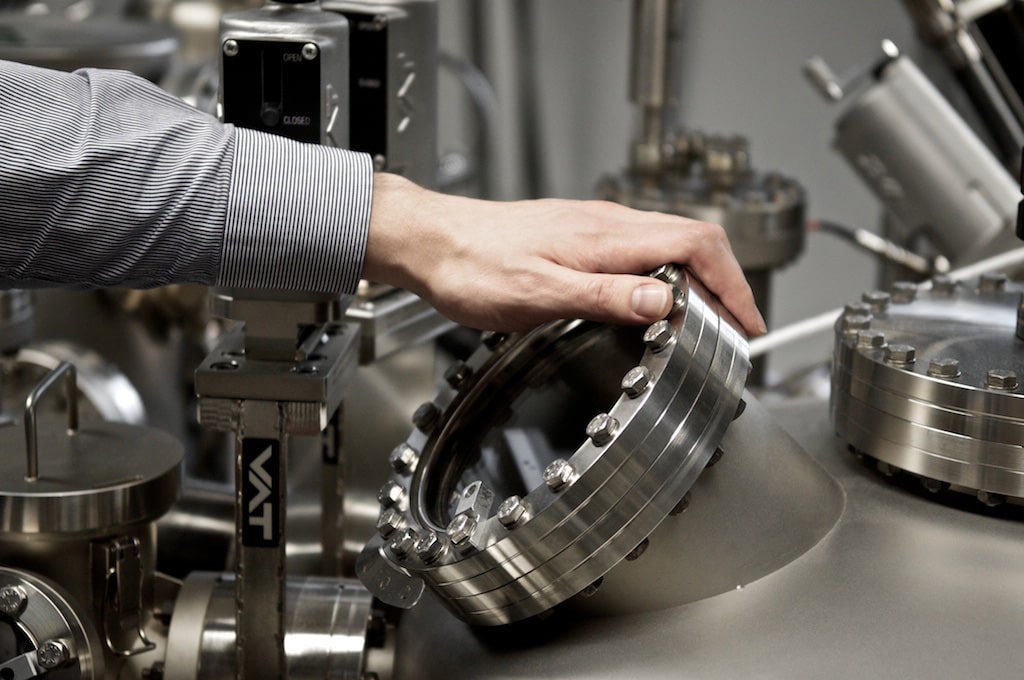CNC Machining: A Revolution in Precision Manufacturing
CNC Machining: A Revolution in Precision Manufacturing
Blog Article
CNC Machining, or Computer Numerical Control machining, has transformed the field of manufacturing, bringing accuracy productivity, efficiency, and automation into the process of production. This technology uses computer-controlled machines to form, cut and create intricate parts as well as components made from various materials such as metal, plastic, wood, as well as composites. By automating many of the procedures that used to require humans to perform, CNC machining has significantly improved the accuracy and speed of production, which makes it essential to businesses including aerospace, automotive, medical, and electronics. Integration of computers and CNC machining equipment has created opportunities for the creation of highly precise and complex components that improve both the efficiency and quality of manufacturing.
One of the key benefits of CNC machining is that it has the capability to create highly precise intricate and sophisticated parts that would be almost impossible to construct using conventional manufacturing techniques. CNC machines work on digital models, which means that when a design is programmed in the machine, it's able to be accurately reproduced and consistent. This is particularly useful in fields like automotive, aerospace, and electronics, where precision is crucial. Additionally, CNC machining is capable of working with a wide selection of materials, from soft plastics to tough metals. It allows companies to produce parts that meet specific specifications for durability, strength, and heat resistance. The range of options offered by CNC processing has led to opportunities for design as well as engineering.
One of the major advantages of CNC machining is its versatility when working with a broad range of materials. It doesn't matter if manufacturers deal with hard metals like steel and titanium or softer materials like plastic and wood CNC machines can be adapted to handle various shapes and cutting tasks. This flexibility can make CNC manufacturing suitable for pieces across a variety of fields that range from medical devices to aerospace parts to automotive and consumer electronics. Its ability to create complex geometries with high precision has also made CNC manufacturing the best process for producing intricate parts that would be a challenge, if not impossible, to manufacture using traditional techniques.
The CNC machining brand also has excellent consistency, making sure that every component produced is exactly like the original design. This is essential for industries that need large-scale production of standard components including automotive parts and consumer electronics. As CNC machines operate according to programed procedures, they can make hundreds or even thousands of components with very little variation in the quality. This uniformity not only increases the quality of final products but also reduces the amount of waste produced, since fewer components get rejected because of defects. Furthermore, because the designs created by CNC machine machining are easily adjusted or changed, producers can swiftly adjust to the changing requirements of their product or requirements of the customer without needing costly refalibration or retooling. To gather extra information please find this
CNC machines are also known as a versatile machine in terms what materials it's able handle. From the metals such as steel, aluminum and titanium to plastics wood, and even the composites that CNC machinery are able to work with a wide range of materials to produce parts that can be used in a variety of applications. This versatility allows CNC machining suitable for a wide range of sectors, each with unique specifications for materials. In the case of medical, for instance, this industry often requires parts made with biocompatible material like titanium. Similarly, the automotive sector uses durable metals like steel for components for engines. Regardless of the material, CNC machines can deliver precise cuts and consistent results, ensuring that the final product meets the requirements for performance and longevity requirements.
Another issue with CNC machining is in the programing and setting of CNC machines. Although CNC machines remove a lot of the manual work involved with manufacturing However, they do require expert technicians to create and input the necessary programs. These technicians must have expertise in CAD/CAM (Computer-Aided Design/Computer-Aided Manufacturing) software and understand the specific machining requirements of each project. Programming errors can cause defective parts waste materials and machines being shut down. Additionally, the initial setup of the CNC machine may be lengthy, especially with complex projects that require numerous tools or operation. Once the machine is correctly programed and setup, it can produce parts that are extremely fast and precise making it less likely to make failures in subsequent runs.